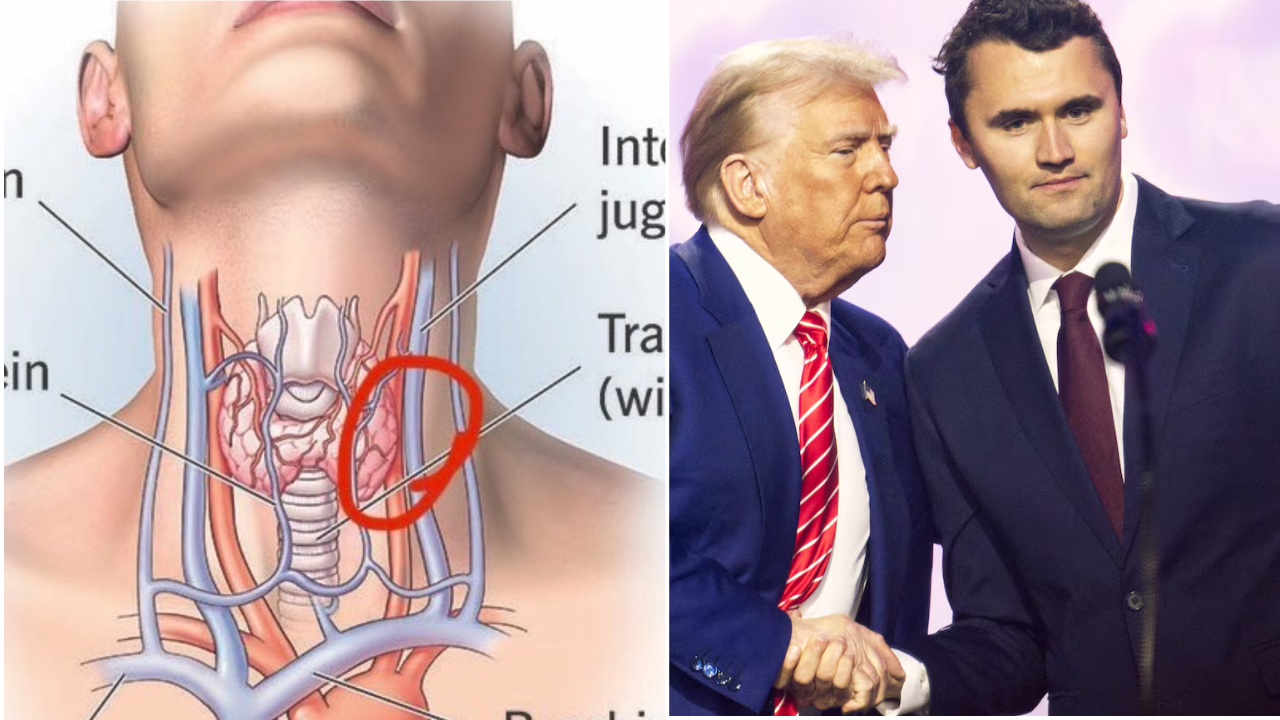Just hours after the news of Charlie Kirk – a close ally of former President Donald Trump – being assassinated spread, new details gradually emerged and shocked the American public. According to initial sources, Mr. Kirk’s body was discovered with a fatal gunshot wound to the neck. Notably, the police found traces showing that someone was hiding on the roof near the stage area where the shooting took place.

This led to suspicions: this was not a spontaneous act, but a carefully planned plan, with the sole goal of eliminating Kirk. “The shooting position, angle and accuracy show that the gunman had prepared in advance. It could not have been a random act,” an anonymous investigator revealed.
Charlie Kirk is known as a strong-mouthed speaker, often making controversial statements. He is said to have used provocative language in his most recent speech, causing outrage among many opponents. Some witnesses said that in his final moments, Kirk was still harshly criticizing those who opposed the conservative movement, which may have made him an even more targeted target for extremists.
:max_bytes(150000):strip_icc():focal(764x179:766x181)/charlie-kirk-donald-trump-091025-c7c67deb289344eebdfefd20b359c395.jpg)
On social media, a series of theories spread rapidly. Some believe that the assassination was a warning message aimed at those who dare to “talk too much” or challenge the opposing forces. The shooting in the neck – the part associated with the voice – is seen as symbolic, as a cruel way to silence an influential political figure.
Utah police said they were analyzing security cameras around the area, and searching for traces of the suspect on the roof. However, authorities have not yet made an official statement about the identity or motive of the killer. The FBI has also joined the investigation, showing the seriousness of the incident.
Charlie Kirk’s family, especially his wife – Erika Kirk – is in a state of extreme pain. Erika choked up when mentioning her husband: “He was not at fault, he was just following the path that Mr. Trump outlined. But his life was taken away just because he dared to speak up.” This sharing immediately created a wave of fierce debate, many people thought it implied Mr. Trump’s indirect responsibility.

Meanwhile, political observers commented that the assassination would increase division in the US. A character considered an “extended arm” of Mr. Trump being publicly assassinated on a university campus certainly did not stop at the scope of a personal crime, but could also explode into a political crisis.

Spontaneous memorials for Charlie Kirk appeared in many states, where supporters lit candles and held banners denouncing the “dangerous silence of the system”. On the contrary, opponents harshly commented that Kirk had “caused too much hatred” and his death was the inevitable end for an extreme political figure.
The biggest question remains unanswered: Who was behind the assassination? Was it a lone actor inspired by Kirk’s comments, or was it an organization with a plan to send a message of warning to the entire conservative movement?
Whatever the answer, one thing is undeniable: the assassination of Charlie Kirk was a dark turning point in American political life, and the trauma will be felt for years to come.







